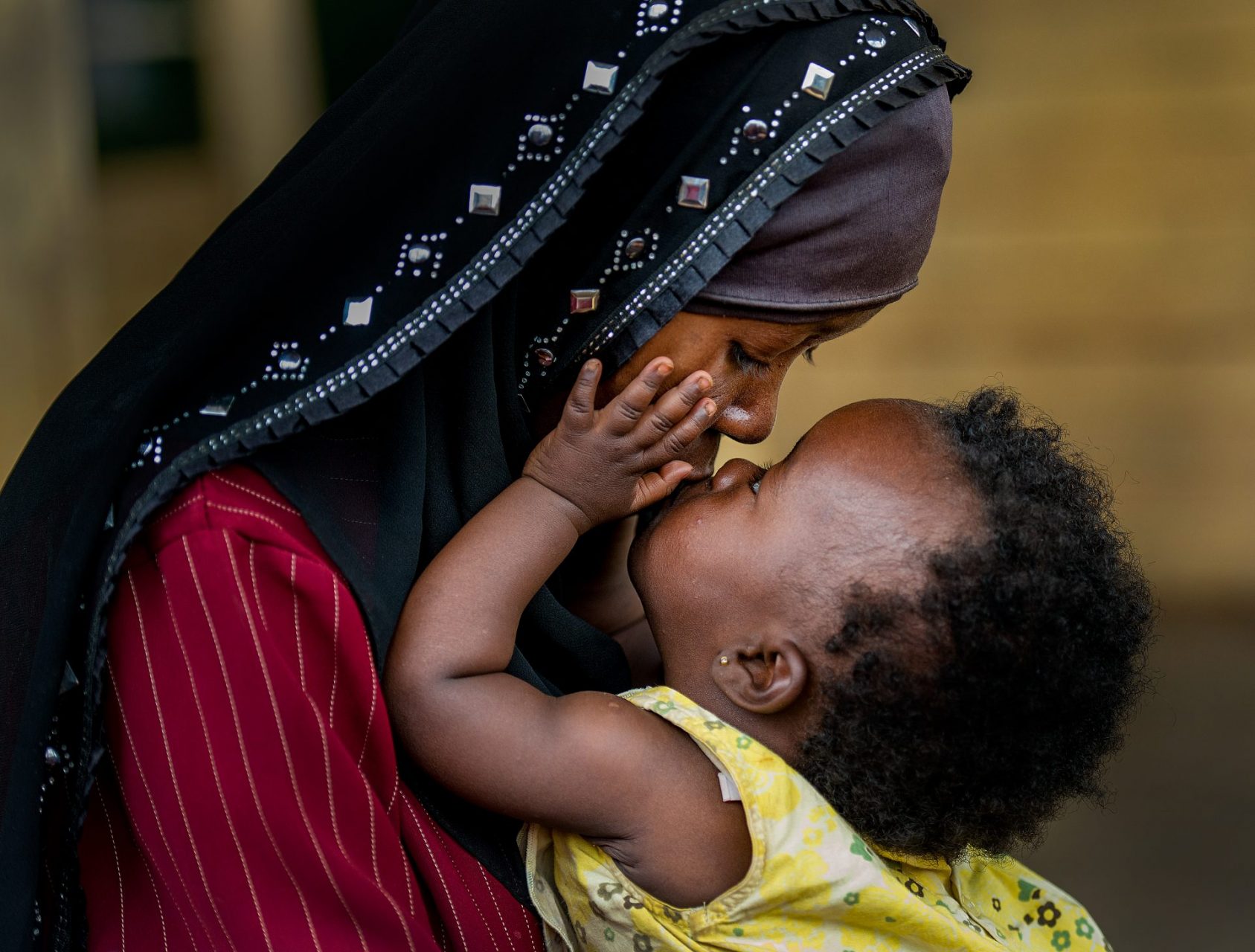
Three Takeaways from InterAction’s Analysis on GRF Pledges
In an era of rising populism and rejection of multilateralism across the globe, the adoption of the Global Compact on Refugees (GCR) marked a much-needed demonstration of global solidarity with refugees and the countries that host them.
The GCR presented an opportunity to establish better mechanisms for the express goal of international responsibility-sharing—something that is desperately needed to adequately assist those forced to flee and reduce the strain on communities hosting refugee populations.
Just months before the COVID-19 pandemic emerged as another significant challenge to the global refugee crisis, the first Global Refugee Forum (GRF) was held as a test of collective will and commitment. In December 2019, a wide range of stakeholders gathered to make concrete pledges toward a more effective and comprehensive response to global refugee and host community needs.
This paper focuses on states’ contributions towards the GCR’s responsibility-sharing goals and the pledges that they made at the first-ever GRF. States have the greatest potential for impact on refugees’ daily lives and prospects for durable solutions through the policies they set and resources they contribute to refugee response. Therefore, this paper analyzes 815 pledges committed by over 130 states extracted from the UNHCR GRF dashboard to understand their significance and whether the international community is, in fact, moving toward more equitable responsibility-sharing for refugees.
Below are three key takeaways from our analysis:
- Refugee-hosting countries made up an overwhelming majority—70%—of pledges to address the world’s top refugee crises. Once again, hosting countries are leading while the rest of the world trails behind.
- Donor states’ financial commitments are disappointing. Only $6.5 billion was committed, and 75% of it was pledged by only three countries. More must be done to mobilize greater financial support for the transformative refugee-hosting country pledges committed.
- Increased refugee resettlement places pledged by the E.U. and Canada signal a positive addition, but the international community has a long way to go in offering adequate third-country solutions. These two pledging entities comprise 75% of the resettlement places pledged, reflecting a significant gap in responsibility sharing. Moreover, the U.S. Administration’s recent decision to keep its refugee admissions cap at a historically low level this year raises concerns about a further backsliding in responsibility-sharing on resettlement.
As we approach the first GCR stocktaking event (High-Level Officials Meeting) slated for December 14 and 15, 2021, these findings highlight some achievements—as well as significant shortcomings—that states must recognize to genuinely work together towards the responsibility sharing goal enshrined in the GCR.
Download the report to see InterAction’s full findings and recommendations for the upcoming High-Level Officials Meeting and future GRFs.








